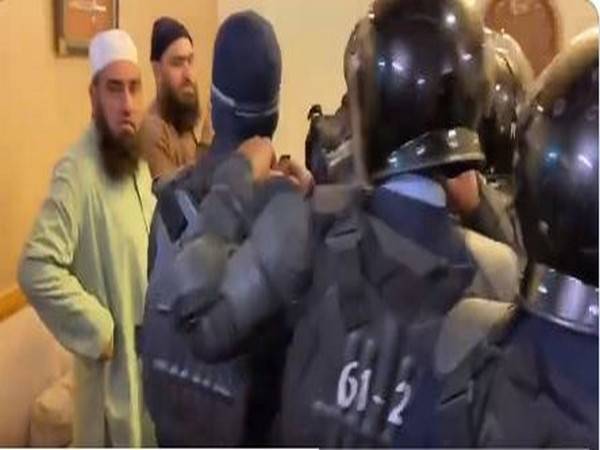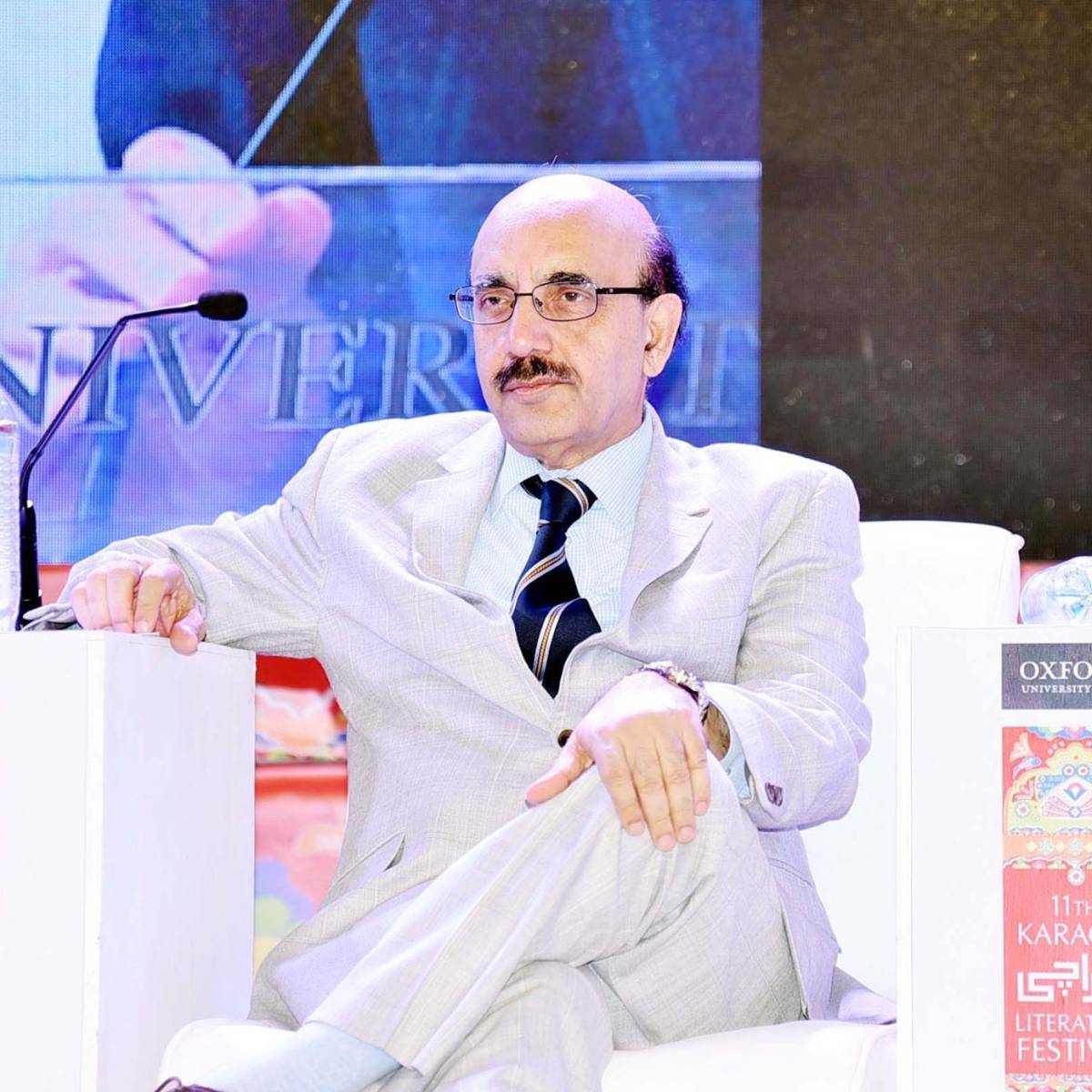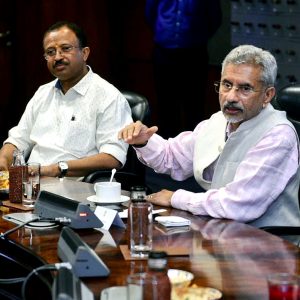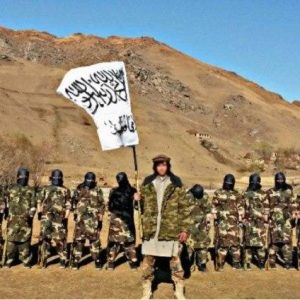On March 10, police in the capital, Islamabad, stormed the parliamentarians’ apartments and detained two opposition MPs along with several other opposition activists….reports Asian Lite News
Pakistan’s democratic institutions are facing a new threat, Human Rights Watch has said.
On march 8, opposition political parties sought a no-confidence motion in parliament to remove Pak Prime Minister Imran Khan. Government officials responded by threatening violence and briefly detaining two members of parliament (MPs). The situation risks spiraling into a dangerous confrontation.
Under Pakistan’s constitution, the Prime Minister ceases to hold office if the majority of the members of the National Assembly vote for a motion of no confidence. The government has announced that this vote will be held on March 28.
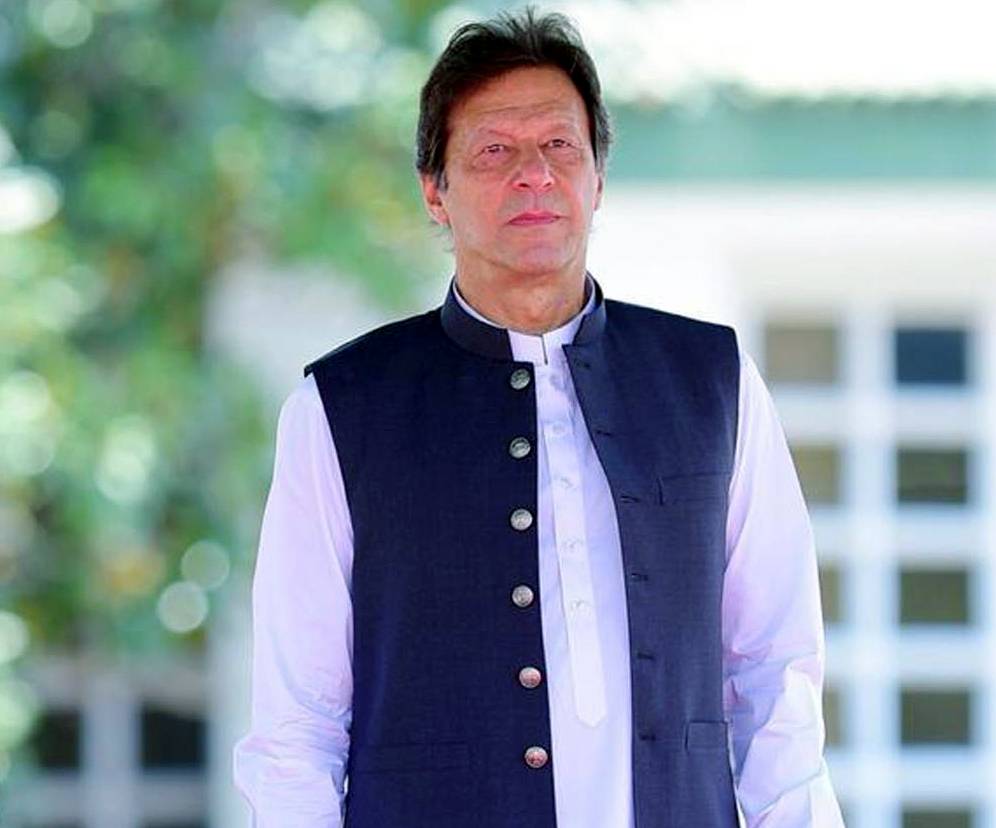
On March 10, police in the capital, Islamabad, stormed the parliamentarians’ apartments and detained two opposition MPs along with several other opposition activists. The police alleged that volunteers from the opposition Jamiat-Ulema-e-Islam F (JUI-F) had entered the apartments without permission. All were released within hours.
Four days later, Federal Minister Ghulam Sarwar Khan threatened to “blow up the opposition in a suicide attack”. Shahbaz Gill, a special assistant to the Prime Minister, said that photographs of “traitors” – meaning any members of Prime Minister Khan’s Pakistan Tehreek-i-Insaf (PTI) party who votes against Khan – would be displayed in cities so people could identify them.
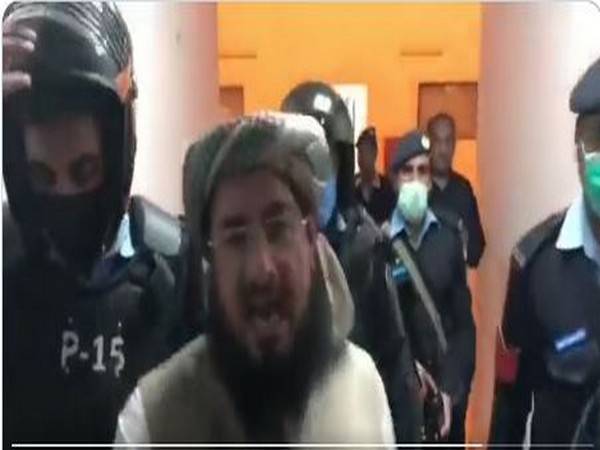
Information Minister Fawad Chaudhry suggested that ‘one million’ supporters would come to Islamabad on voting day and warned that anyone who wishes to vote against Khan would “have to pass through these people on their way in and out of the Parliament building.”
In response, the opposition Pakistan Democratic Alliance (PDM) called upon its own supporters to also gather in Islamabad, setting the stage for a potentially violent confrontation.
HRW said the government has a responsibility to uphold the constitution and allow for voting without threats or violence on the no-confidence motion.
Both the government and opposition should send a strong message to their supporters not to subvert the democratic process or sway the vote through intimidation or other criminal acts. Parliamentary voting is a core democratic principle and attempts to obstruct it risk further undermining an institution vital to representative government and the rule of law, it added.


